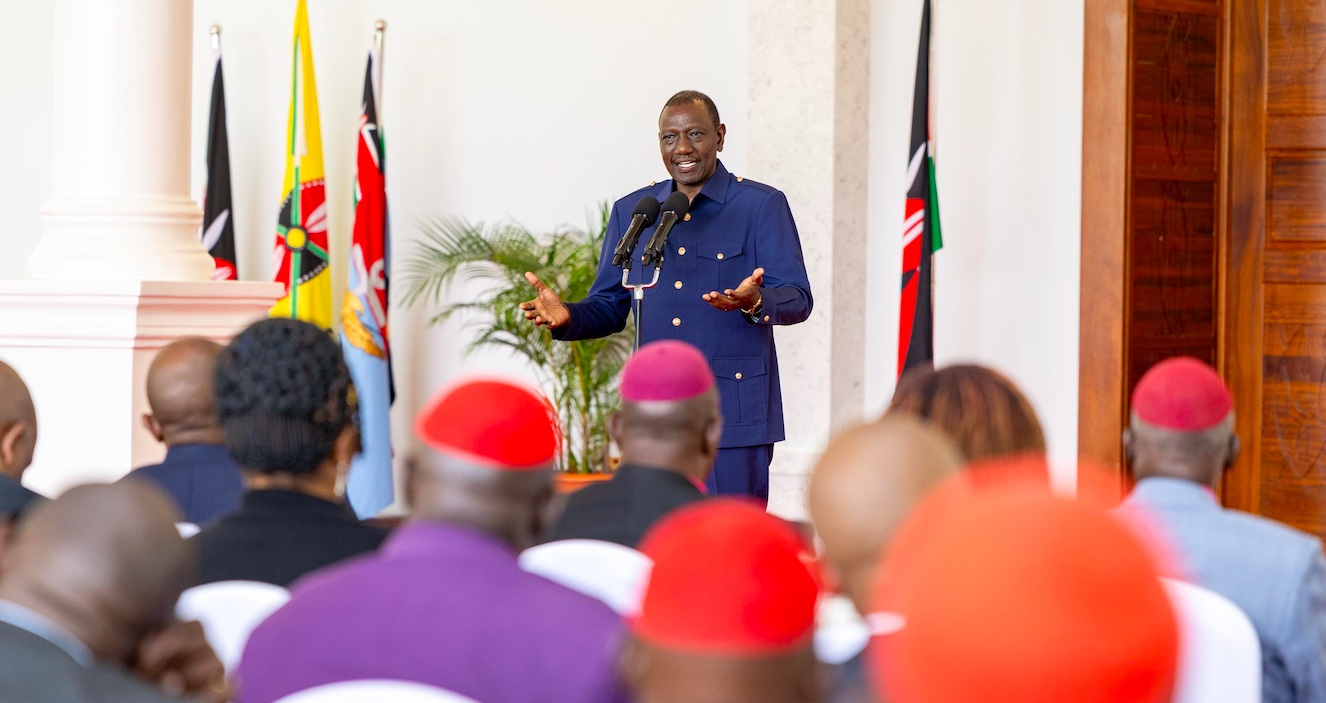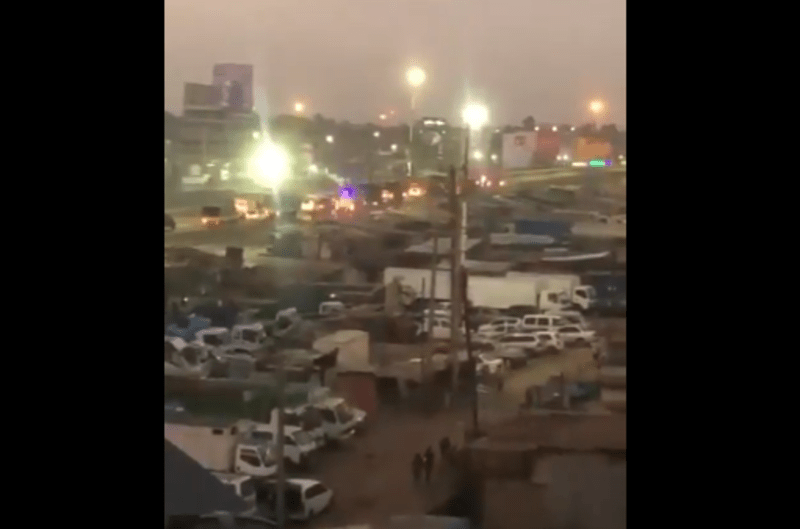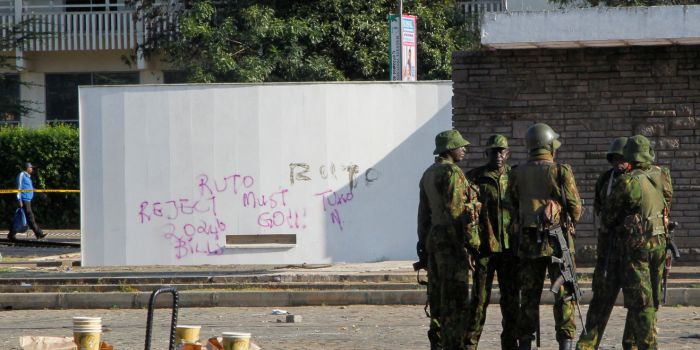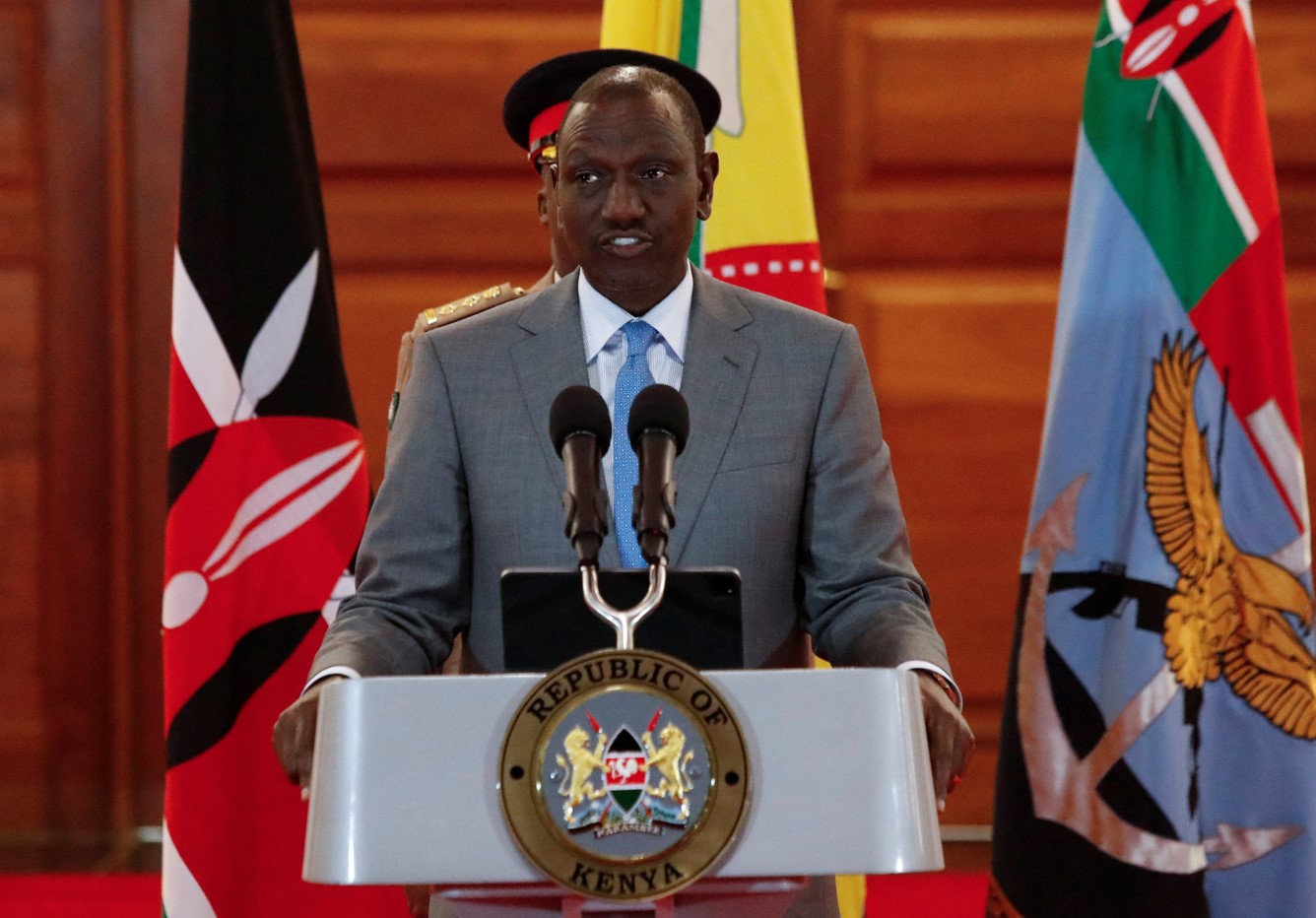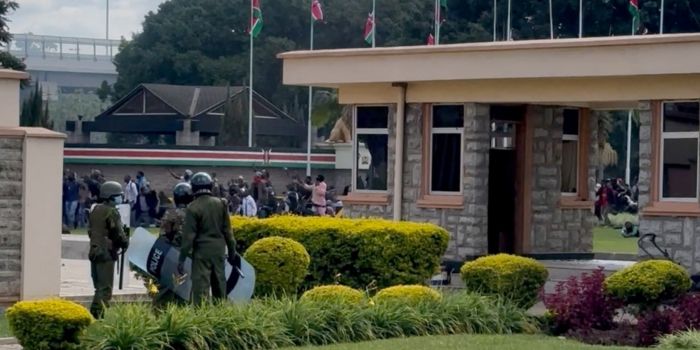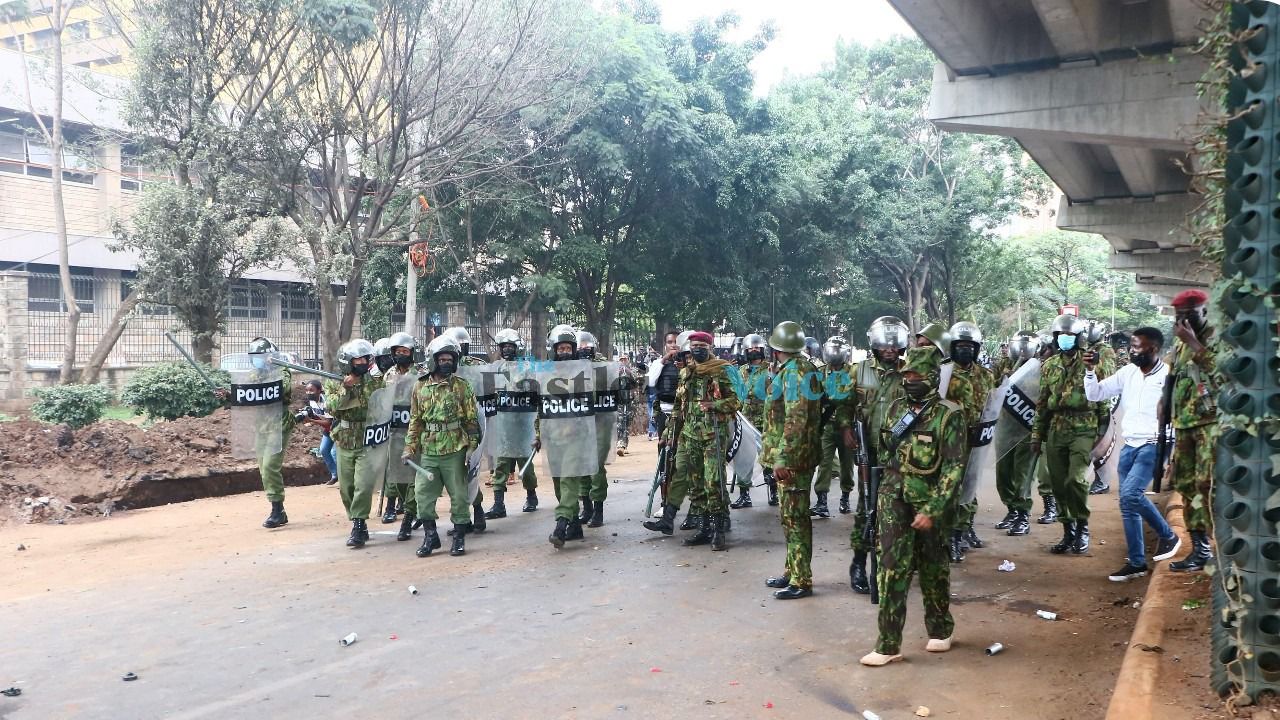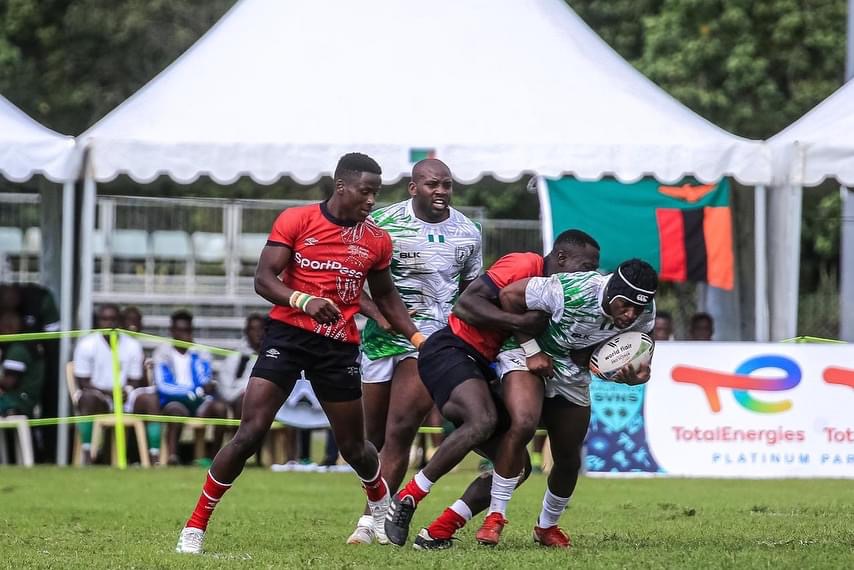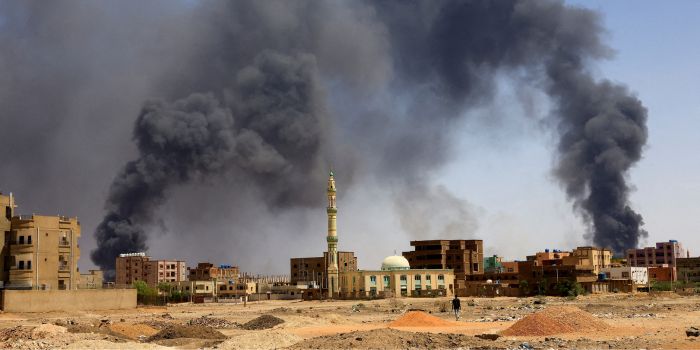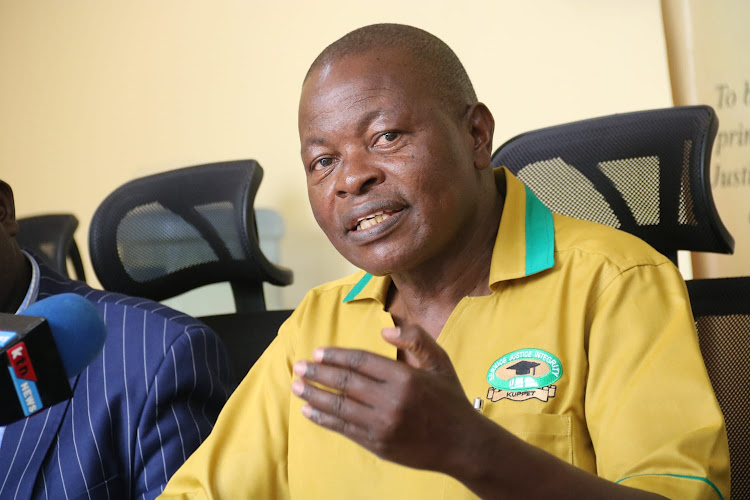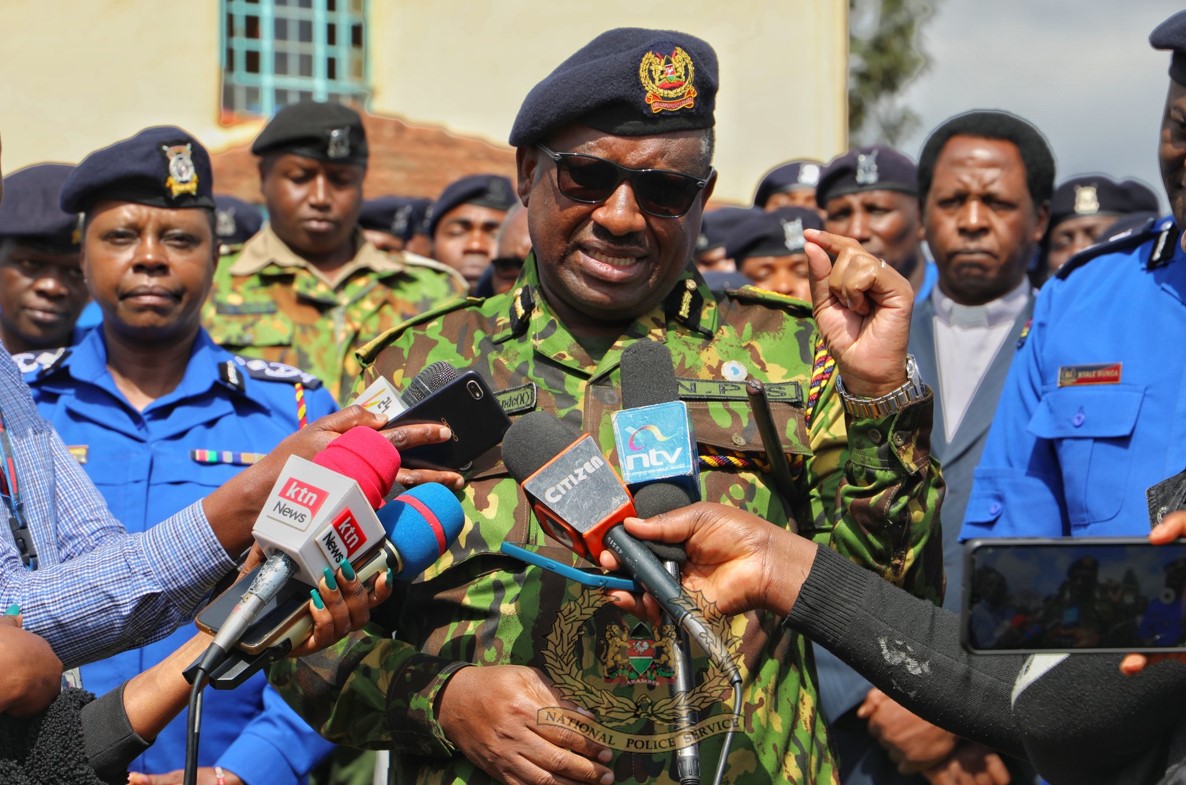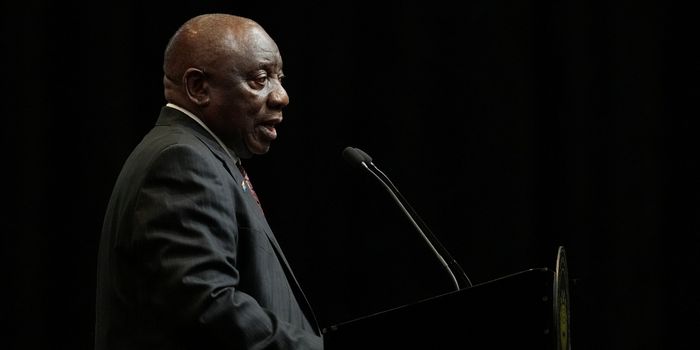Finance Bill protests: Rights groups warn against potential internet shutdown, media disruptions
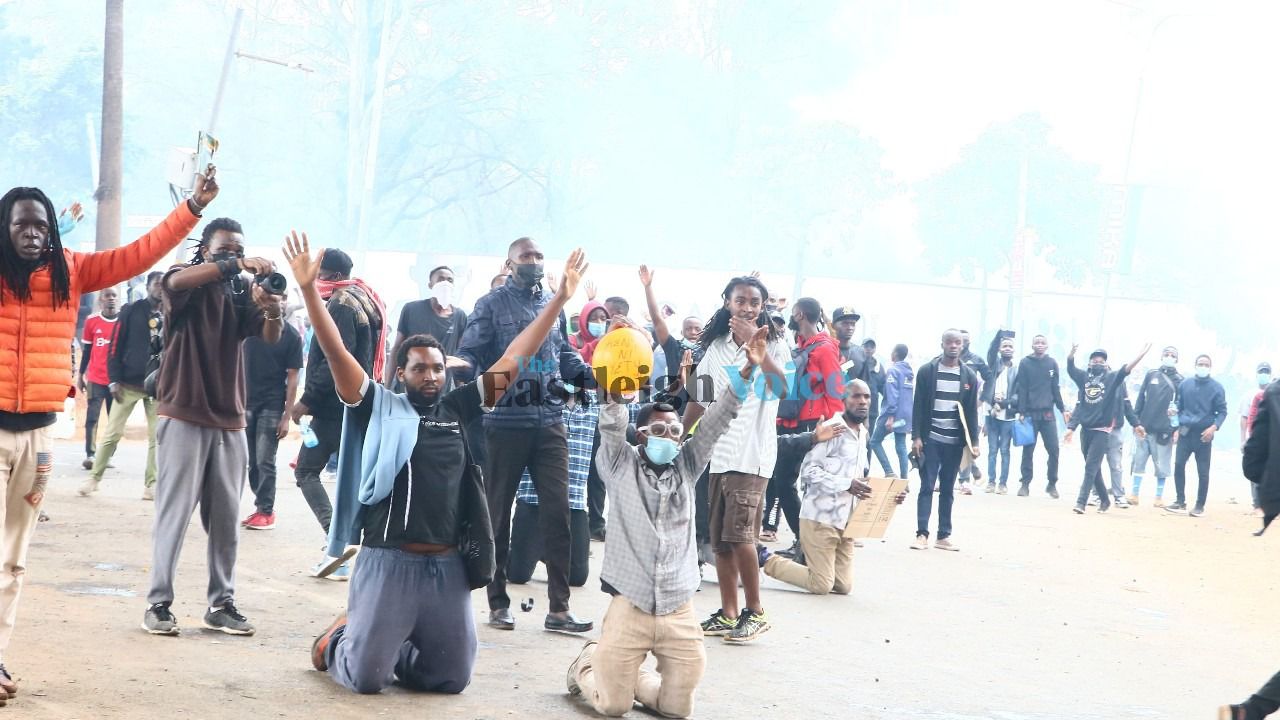
By Maureen Kinyanjui |
At least 27 organisations, including Amnesty International and the Law Society of Kenya (LSK), have voiced strong concerns over potential internet and mass media disruptions during this week's demonstrations against the Finance Bill, 2024.
In a joint statement on Monday, the organisations noted that such disruptions could increase national uncertainty and infringe on fundamental human rights. They emphasised the critical role the internet and mass media play in protecting the public's right to information and freedom of expression.
Keep reading
"The internet and mass media are critical for the enjoyment of the public's right to be informed, citizen's self-expression, e-commerce, and the digital economy, which is responsible for close to 10 per cent of the GDP," the statement said.
Among the other organisations that signed it were Access Now, Article 19 Eastern Africa, the Police Reforms Working Group, the Bloggers Association of Kenya, the Kenya Human Rights Commission, and the Kenya Medical Association.
The groups further noted that shutting down or throttling the internet, shadow-banning hashtags, or imposing a mass media ban on live reporting would be a gross violation of fundamental human rights.
"Disrupting mass communication will also increase national uncertainty, cut off the public and authorities from reliable updates, choke the timely deployment of emergency medical services, and hinder the tracing of missing persons," read the statement.
They emphasised that such actions would undermine the legitimate rights of people to organise, demonstrate, and participate in policymaking. The hashtag #RejectFinanceBill2024, they added, symbolises citizens' organising and dialogue on the Finance Bill and its implications for the national economy and livelihoods.
The organisations also warned that internet shutdowns can halt online transactions, slow economic activity, and cause harm.
Recommendations
The groups made several recommendations for Kenya, citing the ACCESS 2023 report, which stated that total or partial internet shutdowns were becoming familiar government strategies to respond to public protests, often covering up grave violations of human rights, state-sanctioned violence against peaceful protestors, abductions, and killings.
The group asked Kenyan authorities to protect the right to conscience, opinion, self-expression, and association, as enshrined in the country's law and international frameworks to which it is party.
They urged the government to appreciate the crucial role of the internet and mass media in policy discourse and refrain from any form of internet shutdown or media interference.
"We call upon the Government of Kenya and the Communications Authority to affirm that the people of Kenya can access an open, reliable, secure, and free internet and a free press at a time when they need it the most."
The groups further called on social media platforms to resist any government attempts to block or restrict access during the protests, stressing that censorship or restrictions on social and mass media would be unlawful and counterproductive.
The protesters are gearing up for round two of Occupy Parliament demonstrations starting Tuesday, when the National Assembly will vote on the contentious Finance Bill, 2024, in the third reading.
"Day 5, Tuesday, June, 25: #OccupyParliament. A national strike. Gen Zs are granting all hard-working Kenyans a day off. Parents, keep your children at home in solidarity," read a poster announcing the plans.
On Wednesday, the protesters will visit the offices of the Independent Policing Oversight Authority (IPOA) and the Inspector General of Police to demand justice for the two people killed in the protest so far: 29-year-old Rex Masai and 21-year-old Evans Kiratu.
On Thursday, when President William Ruto is expected to assent to the bill, the protestors will march to the State House in Nairobi to show their disapproval.




